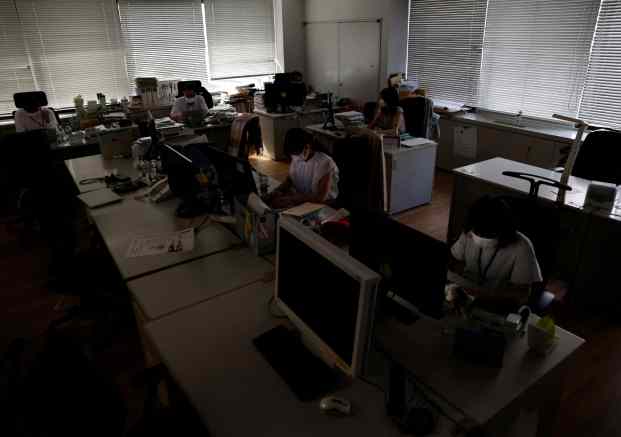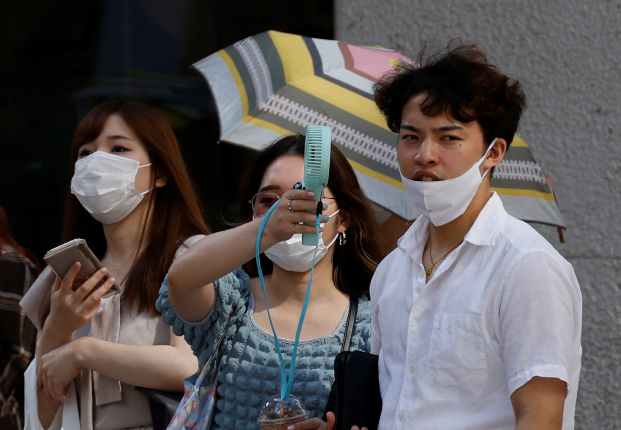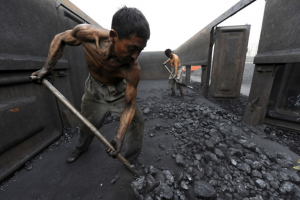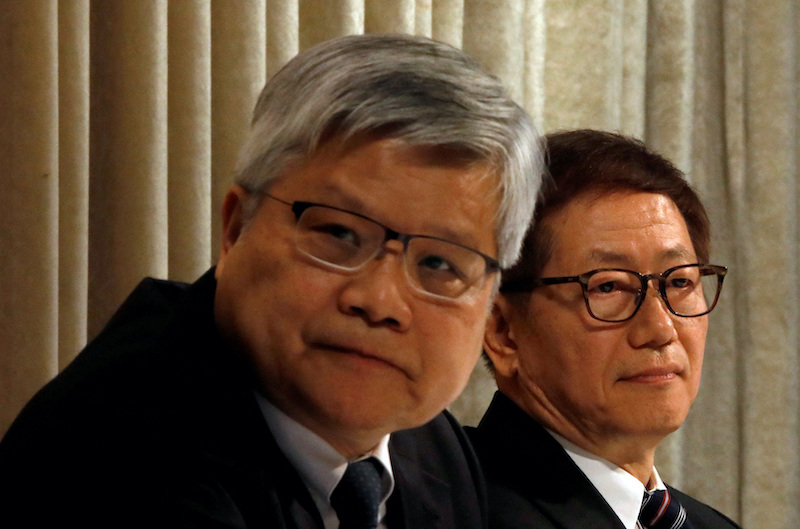Scorching temperatures baked Japan for a fourth day as capital Tokyo’s heat in June scaled 150-year-old records and unusually high demand for power put a severe strain on supply.
For a second day, authorities asked consumers in the Tokyo area to conserve electricity to avoid a looming power cut.
A high of 36C was predicted for Tokyo on Tuesday, after three successive days of temperatures topping 35C – the worst streak of hot weather in June since records began in 1875.
Cases of hospitalisation from heatstroke rose early in the day, with many in the capital continue to flout government advice by continuing to wear face masks outdoors – a legacy of more than two years of the Covid-19 pandemic.
As of 9am local time (0000 GMT), 13 people had been taken to hospital with suspected heatstroke, Fuji News Network said. At least two people were believed to have died from heatstroke, media said, prompting authorities to moderate their calls for power saving.
“Apparently there are some elderly people who have turned off their air conditioners because we are asking people to save energy, but please – it’s this hot – don’t hesitate about cooling off,” Trade and Industry minister Koichi Hagiuda told a news conference.
Approval Rating Slips
The heatwave comes less than two weeks before a national election in which surging prices – including electricity – are rated the top concern for voters in opinion polls that show the government’s approval rating slipping.
The government warned on Monday that reserve generating capacity could drop below 5% on Tuesday afternoon, close to the minimum of 3% that ensures stable supply, in Tokyo and eight surrounding prefectures. Reserve capacity below 3% risks power shortages and blackouts.

Government offices on Monday – including the Ministry of Economy, Trade and Industry (METI) – turned off some lights in the afternoon and evening, with METI halting use of 25% of elevators in its building.
Around 21% of respondents to a Yahoo Japan survey said using air conditioners helped them beat the heat, with staying hydrated in the top slot at 53%. Only 12% said they had stopped wearing face masks despite government guidelines that they no longer need to be worn outside.
Though expected to do well in the July 10 election for the upper house of parliament, Prime Minister Fumio Kishida’s ruling party faces headwinds from rising prices, worsened by a slide in the value of the yen that makes imports more costly.
The Kishida cabinet’s approval came to 50% in a voter survey conducted by public broadcaster NHK on June 24-26, down from 55% last week.
- Reuters with additional editing by Sean O’Meara
ALSO READ:
Power Worries in Japan Amid Rising Heat As Wet Season Ends
South Asia in Climate Spotlight in Wake of Brutal Heatwave
Modi Calls for Action as Deadly Heatwave Threatens Economy
























